10 Health and Pharmaceutical Companies Fighting the COVID-19 Coronavirus
Coronavirus fears have triggered volatility, a correction and ultimately a bear market in U.S.

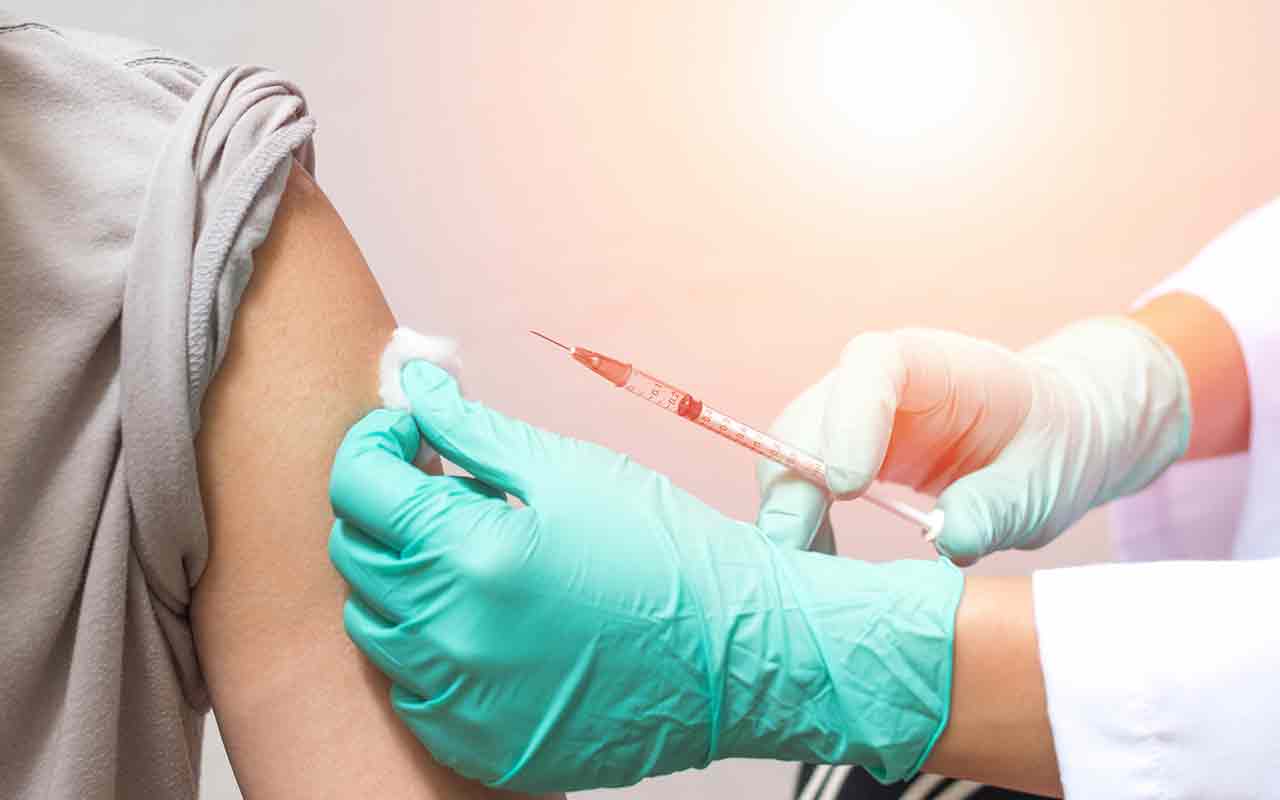
Profit and prosper with the best of Kiplinger's advice on investing, taxes, retirement, personal finance and much more. Delivered daily. Enter your email in the box and click Sign Me Up.
You are now subscribed
Your newsletter sign-up was successful
Want to add more newsletters?

Delivered daily
Kiplinger Today
Profit and prosper with the best of Kiplinger's advice on investing, taxes, retirement, personal finance and much more delivered daily. Smart money moves start here.

Sent five days a week
Kiplinger A Step Ahead
Get practical help to make better financial decisions in your everyday life, from spending to savings on top deals.

Delivered daily
Kiplinger Closing Bell
Get today's biggest financial and investing headlines delivered to your inbox every day the U.S. stock market is open.

Sent twice a week
Kiplinger Adviser Intel
Financial pros across the country share best practices and fresh tactics to preserve and grow your wealth.

Delivered weekly
Kiplinger Tax Tips
Trim your federal and state tax bills with practical tax-planning and tax-cutting strategies.

Sent twice a week
Kiplinger Retirement Tips
Your twice-a-week guide to planning and enjoying a financially secure and richly rewarding retirement

Sent bimonthly.
Kiplinger Adviser Angle
Insights for advisers, wealth managers and other financial professionals.

Sent twice a week
Kiplinger Investing Weekly
Your twice-a-week roundup of promising stocks, funds, companies and industries you should consider, ones you should avoid, and why.

Sent weekly for six weeks
Kiplinger Invest for Retirement
Your step-by-step six-part series on how to invest for retirement, from devising a successful strategy to exactly which investments to choose.
Coronavirus fears have triggered volatility, a correction and ultimately a bear market in U.S. stocks in 2020. Many companies have suffered massive price drops, but a handful of stock picks have seen their prices hold up – and in some cases even soar. One such cluster includes pharmaceutical companies and other health care stocks that are in the race to develop COVID-19 coronavirus vaccines and therapeutics.
You can't overstate the stakes. As of March 11, there were 4.7 million officially recorded coronavirus cases worldwide, causing more than 316,000 deaths. The World Health Organization (WHO) officially broke out the "pandemic" designation, and governments across the world shut down mass gatherings of people to slow the spread.
The idea behind these moves? Buy time for pharmaceutical companies to come up with antivirals and vaccines.
Dozens of Big Pharma and small biotechnology companies alike are already involved in COVID-19 coronavirus treatment and vaccine development. But other health care stocks are rising to the challenge, too: Makers of diagnostic test kits, sanitizers and protective masks are all ramping up to meet unprecedented demand.
Here are 10 health and pharmaceutical companies playing a role in the fight to control the COVID-19 coronavirus, including several updates to reflect some treatments' progress. Each of these stocks has the potential for considerable gain, whether it's because they're developing a treatment or their products are in greater need amid the outbreak. To date, each stock has outperformed the S&P 500 since the bear market began in mid-February, with many posting healthy to downright gaudy gains.
Data is as of May 17.
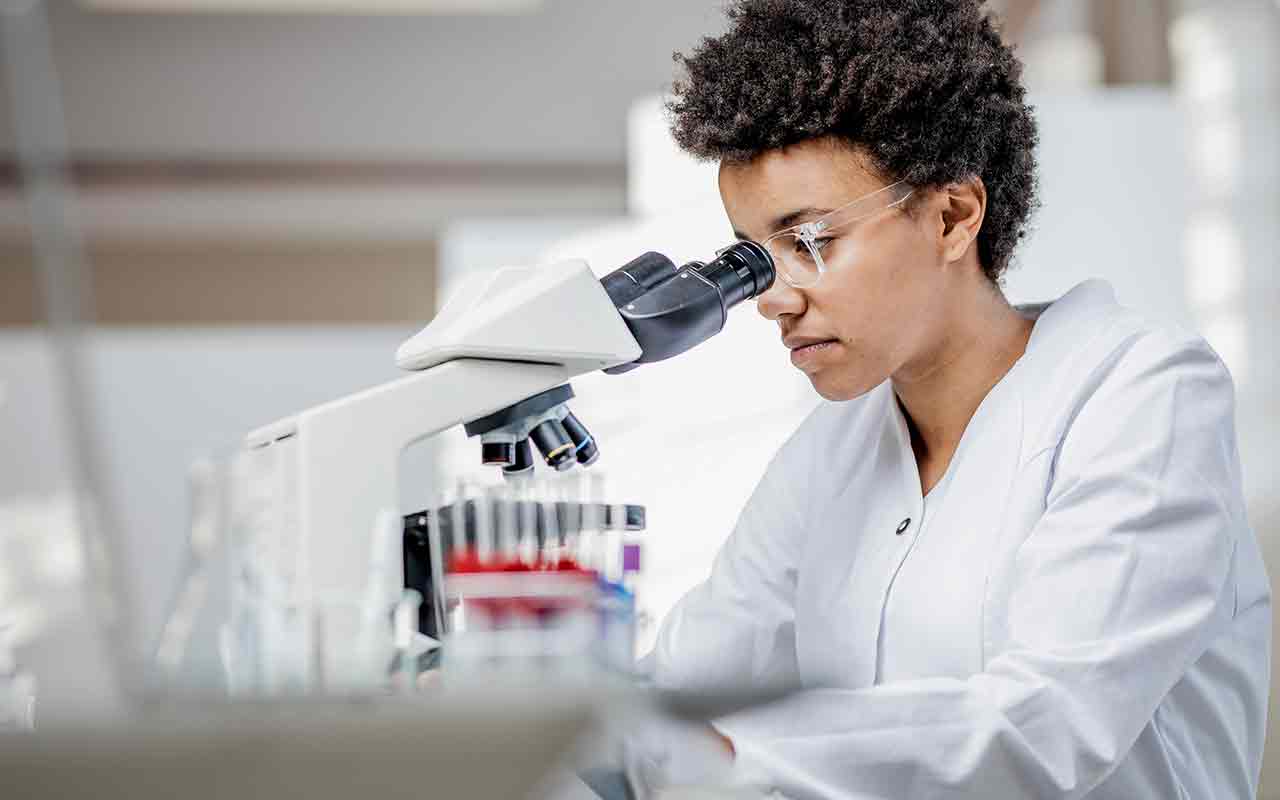
Moderna
- Market value: $24.8 billion
- Performance since market peak: +252.5%
Moderna (MRNA, $66.69) is a major player in the race to develop a coronavirus vaccine, and at the moment, it might be the most exciting name in the space.
In late February, the biotechnology company began shipping batches of its development-stage COVID-19 vaccine for use in Phase 1 human trials to the National Institutes of Health. Moderna turned around this first vaccine batch in just 42 days, and it started recruiting human trial participants in March.
Early May 18, Moderna reported that its vaccine created COVID-19 antibodies in each of the 45 participants of a Phase 1 trial, and that it created "neutralizing" antibodies in at least eight participants. That news sent both MRNA shares and the broader market skyrocketing in premarket trading. Moderna now expects to conduct a Phase 3 trial in July.
In addition to its coronavirus vaccine candidate, Moderna has vaccines in development for zika virus, respiratory infections, Epstein-Barr, chikungunya and several types of cancer. In all, the company has 24 drug candidates in its pipeline, including 12 in clinical studies, and is partnered with AstraZeneca (AZN), Merck (MRK) and various U.S. government agencies. Moderna's vaccine for congenital cytomegalovirus (CMV), a leading cause of birth defects, is its most advanced product and is expected to enter Phase 3 clinical trials this year.
Moderna recently raised $500 million through a public offering and has access to more than $2 billion to invest in its research programs. The company is not yet profitable given a lack of marketed products. But the $490 million to $510 million it plans to spend on operations this year will be more than covered by cash on hand of $1.1 billion.
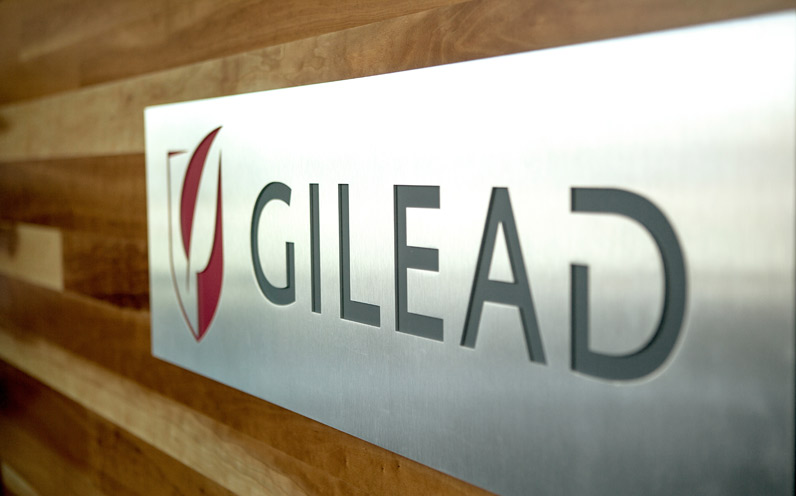
Gilead Sciences
- Market value: $95.8 billion
- Performance since market peak: +13.2%
Gilead Sciences (GILD, $73.70) hopes to beat the coronavirus with remdesivir, a drug initially developed to treat Ebola.
Earlier this year, the WHO said Gilead Sciences might have the only drug available with real efficacy. And The New England Journal of Medicine said remdesivir improved clinical outcomes for coronavirus patients treated in the U.S. Then at the start of May, after new promising data showed the drug reduced recovery time for some patients, the FDA authorized emergency use of remdesivir to treat COVID-19.
Gilead Sciences built its business around its hepatitis C franchise but has branched out in new areas including cancer. GILD is paying $4.9 billion to acquire Forty Seven, whose lead drug candidate magrolimab is one of the first in a new class of cancer drugs. Gilead Sciences also entered the oncology market in 2017 by acquiring Kite Pharma and its cellular-based cancer therapies.
Growth has stalled recently, and earnings per share actually declined 1% last year. But a successful COVID-19 antiviral could be a game changer. Meanwhile, Gilead Sciences has more than enough operating cash flow ($9.1 billion over the past 12 months) and cash ($24.3 billion at the end of Q1 2020) to fund further development and commercial launches.
Piper Sandler analyst Tyler Van Buren, who has the stock at a Buy-equivalent Overweight rating, recently wrote to clients that a physician involved in the SIMPLE and National Institute of Allergy and Infectious Diseases trials says remdesivir will become "the new standard of care" in COVID-19 treatment development.

Novavax
- Market value: $2.5 billion
- Performance since market peak: +448.8%
Novavax (NVAX, $43.63) surged in late February after the company updated its progress on developing a coronavirus vaccine. The pharma stock was assessing multiple vaccine candidates and expected to begin human testing in late spring.
Novavax further excited investors by announcing in early April that it was seeing early success in one of its candidates, NVX-CoV2373, and that human trials were expected to begin in mid-May; preliminary results are expected to be released in July.
Novavax's vaccines use a proprietary nanoparticle technology platform to generate antigens derived from the coronavirus protein, then add its novel Matrix-M adjuvant to the vaccine to enhance immune responses. The COVID-19 coronavirus is very similar to Severe Acute Respiratory Syndrome (SARS) coronavirus, for which Novavax already had a vaccine candidate.
NVAX also is seeing success as it develops vaccines for respiratory syncytial virus (RSV), a leading cause of severe respiratory tract disease in infants and young children, and seasonal influenza. Specifically, its NanoFlu flu vaccine, which has the FDA's "fast track" designation, met all primary endpoints in a Phase 3 study, the company reported in March. Novavax's RSV vaccine will undergo additional Phase 3 studies, and the company is seeking a strategic partner to supply funding.
Unlike many larger pharmaceutical companies, Novavax is not currently profitable. It reported a $132.7 million net loss in 2019 thanks to heavy spending on research and development. That said, thanks to stock sales and other cash raises, the company had $244.7 million in cash and short-term investments at the end of Q1 2020. Alongside its earnings report, released in May, NVAX announced that the Coalition for Epidemic Preparedness Innovations (CEPI) had awarded it an incremental $384 million in funding.
Oppenheimer analyst Kevin DeGeeter (Outperform) recently lifted his price target on shares from $19 to $38.50, calling NVAX stock a "first-tier" play among health and pharmaceutical companies fighting the coronavirus.
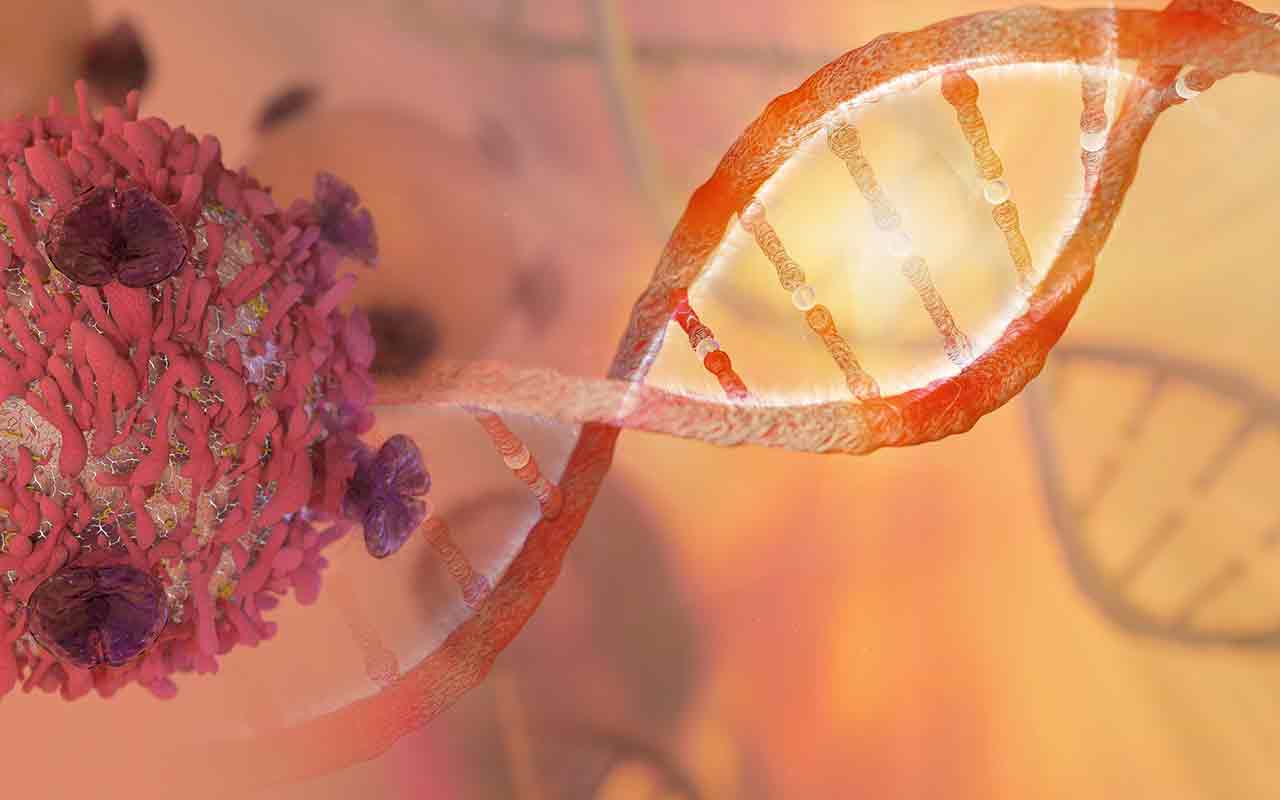
Inovio Pharmaceuticals
- Market value: $2.1 billion
- Performance since market peak: +252.5%
Inovio Pharmaceuticals (INO, $13.43) was one of the earliest to throw its hat into the ring, announcing in February that it had produced a COVID-19 vaccine for testing. In April, it began human clinical trials of its COVID-19 vaccine in the U.S.
Also in April, the company signed an agreement with Richter-Helm BioLogics to produce its candidate, INO-4800, at a large scale. Inovio hopes to make 1 million doses by year's end.
Inovio has the only vaccine candidate in Phase 2 clinical trials for Middle Eastern Respiratory Syndrome (MERS), another species of the coronavirus. Its drug development program focuses on synthetic DNA products for treating cancer and infectious diseases.
Inovio has a rich research pipeline and multiple drug candidates in advanced trials. Analysts expect the company to publish results from two Phase 3 trials, four Phase 2 trials and three Phase 1 trials across this year and next. Its most advanced drug programs are in cervical dysplasia (a precursor to cervical cancer), brain tumors and recurrent respiratory papillomatosis. Inovio also is developing treatments for prostate cancer, hepatitis, Ebola, MERS, Zika, HIV and Lassa fever.
Like other early-stage pharmaceutical companies and biotech stocks, Inovio has to spend well beyond its means. The company spent $19.1 million on research during its most recent quarter but only generated $1.3 million in revenues. That said, Inovio has been raising cash of late, and managed to finish the quarter ended March 31 with $270 million in cash and cash equivalents versus $89.5 million in the prior quarter.
"We expect (Phase 2) INO-5401 data at ASCO to appear directionally encouraging (although we have our longer-term reservations here)," writes H.C. Wainwright analyst Raghuram Selvaraju (Buy), who says he still likes the risk-reward associated with Phase 3 data which should be announced around the end of 2020.
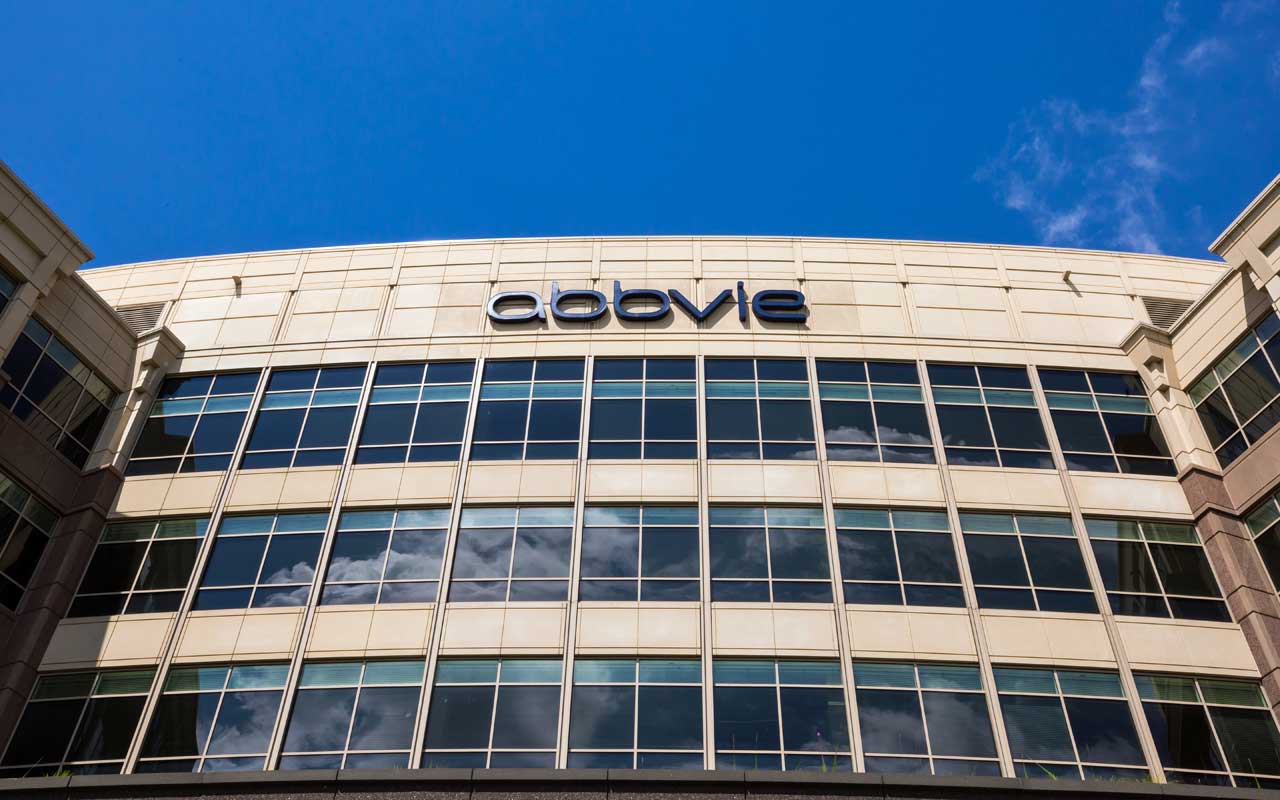
AbbVie
- Market value: $159.9 billion
- Performance since market peak: -3.6%
AbbVie (ABBV, $90.71) is among companies looking for coronavirus drugs among their current stable of treatments. Chinese authorities are using an AbbVie HIV treatment to address coronavirus-related pneumonia. Kaletra (also known as Aluvia) contains antiviral components that block virus replication. Although not yet approved as a treatment for coronavirus, Kaletra has shown efficacy across multiple trial cases.
In a 2004 clinical study, Kaletra was proven effective as a treatment for the SARS (Sudden Acute Respiratory Syndrome) version of coronavirus. AbbVie has donated $1.5 million worth of Kaletra to China for use as an experimental treatment option. If proven effective over large numbers of patients, Kaletra could become worth billions as a coronavirus therapeutic.
AbbVie's current focus is offsetting declining sales of its blockbuster drug Humira, which accounted for roughly half of the company's $32.3 billion in revenues last year. To that end, ABBV spent $63 billion last year to buy Allergan for its blockbuster products Botox and Restasis. Steady cash flow from Allergan products will help bolster AbbVie's balance sheet.
However, AbbVie gave up some of its potential when it announced in April that it wouldn't defend patent rights to Kaletra. In the event that Kaletra does prove effective against COVID-19, the move would allow competitors to create additional supply to satisfy demand ABBV alone can't meet.
But AbbVie also has potential for organic growth through cancer drugs Imbruvica and Venclexta, as well as immunology drugs Rinvoq and Skyrizi.
AbbVie is one of several pharmaceutical stocks among the Dividend Aristocrats – a group of 64 dividend stocks that have improved their dividends annually for at least a quarter century. Goldman Sachs has ABBV among its "Dividend All-Stars" – companies expected to boost dividends by at least 9% annually through 2021.
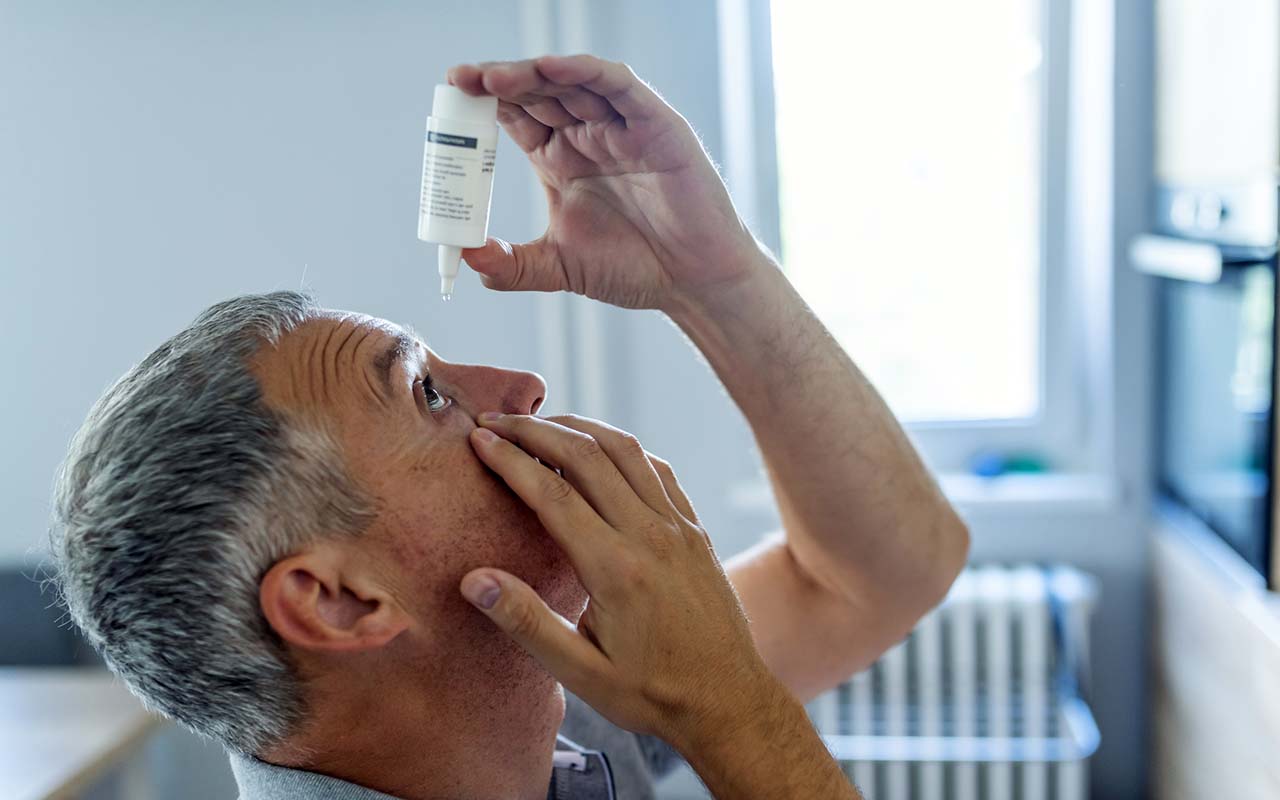
Regeneron Pharmaceuticals
- Market value: $64.9 billion
- Performance since market peak: +43.9%
Regeneron Pharmaceuticals (REGN, $576.72) has been attacking COVID-19 on numerous fronts, starting in February, when it expanded its agreement with the U.S. Department of Health and Human Services to develop new antibody-based treatments for COVID-19.
Regeneron has been working alongside Sanofi (SNY) to test Kevzara, a rheumatoid arthritis treatment, to see if it can prevent COVID-19 patients' immune systems from attacking healthy cells. But the pair announced they would scale back late-stage trials after Phase 2 data showed disappointing results. Regeneron has been working on a separate project, however: a drug cocktail called REGN-COV2 that should begin clinical trials in June.
Regeneron is more than just coronavirus potential, of course. It has 22 drug product candidates in its pipeline, including five approved products being tested for additional indications. REGN has drug development programs underway in eye disease, allergic and inflammatory disease, cancer, cardiovascular, infectious and rare diseases.
Analysts expect Regeneron to enjoy increased demand for its macular degeneration drug Eylea due to safety concerns about a rival Novartis (NOV) product. Jefferies analyst Biren Amin and Evercore ISI analyst Joshua Schimmer upgraded their REGN rating to Buy based on expectations the company will gain massive share in the macular degeneration treatment market. With 2019 sales topping $4.6 billion, Eylea is already Regeneron's best-selling drug, but the company also produces sales of nearly $2 billion from dermatitis drug Dupixent, which it sells through a partnership with Sanofi.
Regeneron has been a model among pharmaceutical companies and biotech stocks, boasting average annual revenue growth of nearly 22% over the past five years. Its stock, however, has ebbed and flowed, gaining just 18% total in the same time frame.
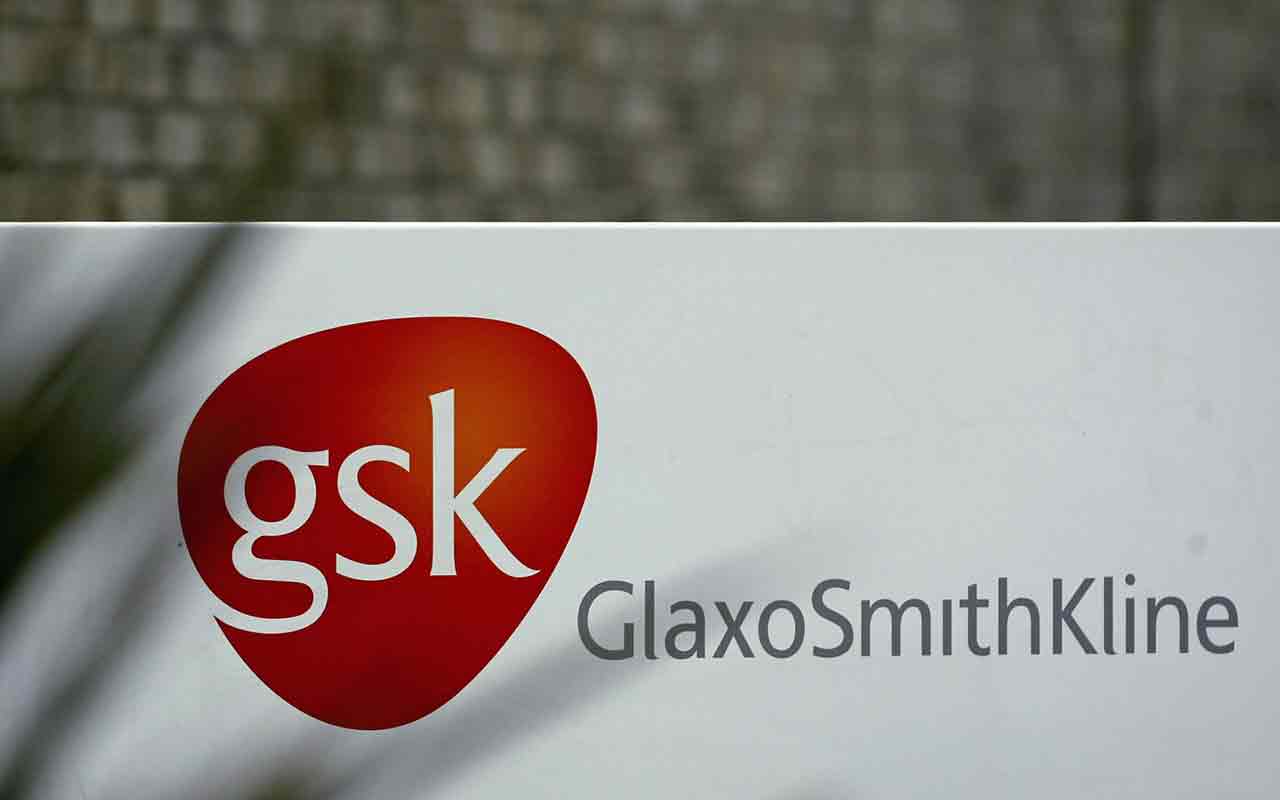
GlaxoSmithKline
- Market value: $102.6 billion
- Performance since market peak: -5.9%
Big Pharma play GlaxoSmithKline (GSK, $40.91) partnered with China-based Clover Biopharmaceuticals earlier this year to accelerate development of Clover's protein-based coronavirus vaccine candidate. Under the agreement, GSK provides Clover with its pandemic adjuvant technology, which will embed an adjuvant in the vaccine candidate for further clinical studies.
Since then, GSK announced a similar partnership with France's Sanofi. GSK will provide its pandemic adjuvant technology, while Sanofi will contribute its S-protein COVID-19 antigen. The aim is to begin clinical trials during the second half of this year; if successful, the vaccine would be available in the second half of 2021.
GlaxoSmithKline's pandemic adjuvant boosts immune system response, effectively creating stronger immunity against infections than the vaccine alone. Adding an adjuvant enables scientists to reduce the amount of vaccine protein required per dose, which allows more vaccine doses manufactured and more patients treated.
GlaxoSmithKline also has been strengthening its oncology franchise with a new drug for bone marrow cancer that could produce $1.3 billion of sales, as well as other treatments for advanced forms of cancer that have significant revenue potential. Another potential blockbuster is the company's Shingrix vaccine for shingles. GlaxoSmithKline expects to bring additional production capacity on-line by 2024, and analysts estimate Shingrix sales will peak at $5.1 billion in 2027.
GlaxoSmithKline currently is one of the world's largest pharmaceutical companies. However, to become more agile, GSK is splitting into two businesses: a pharma firm with drug pipelines in immunology, genetics and advanced technologies; and a consumer health care company that owns leading over-the-counter brands including Advil, Theraflu, Excedrin and Robitussin.
Just be careful, says Credit Suisse. "GSK are clearly working hard to transform the pharma business by improving the level of innovation, but the headwind of 50% of the current business continuing to decline at a mid-to-high single digit rate is a meaningful drag on the speed of transformation."
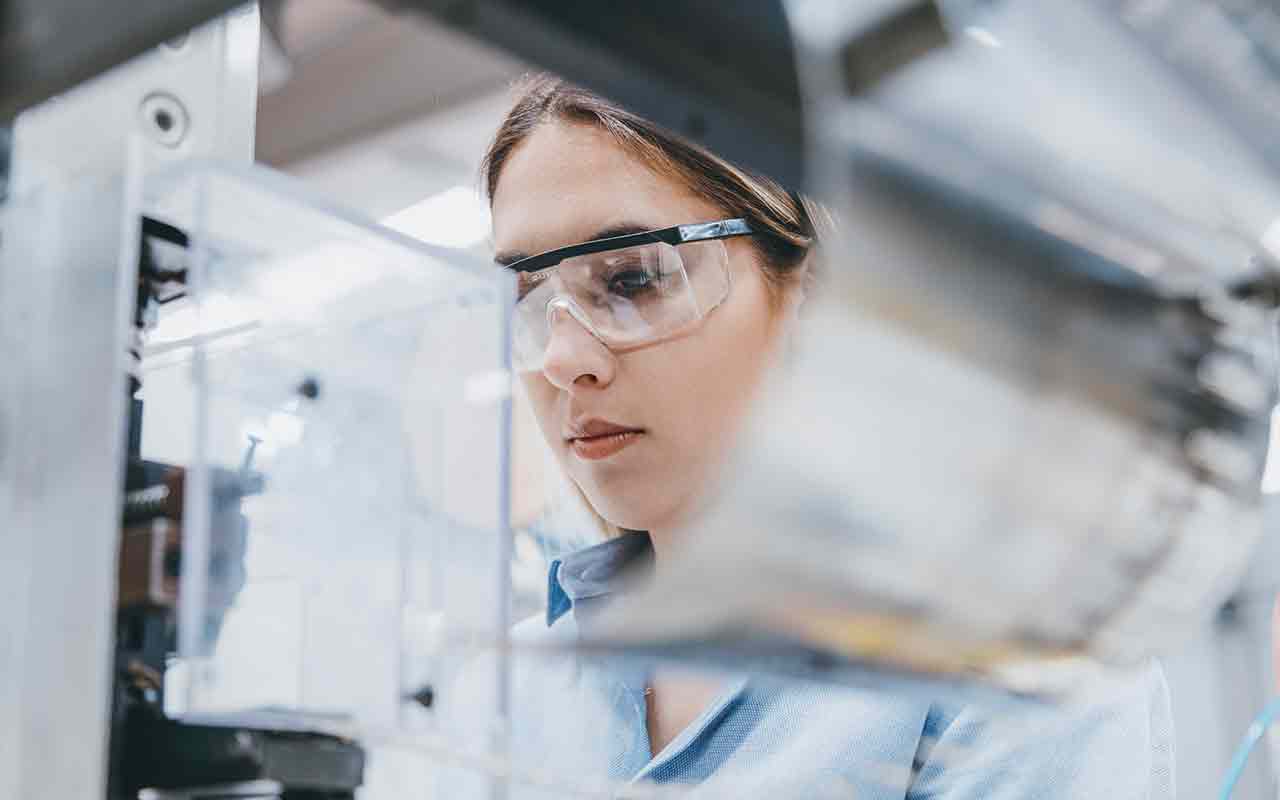
Co-Diagnostics
- Market value: $468.4 million
- Performance since market peak: +467.1%
Co-Diagnostics (CODX, $17.07) is a small-cap company specializing in products for diagnostics labs. And it has been one of the best "coronavirus stocks" of 2020, more than quadrupling thanks to its diagnostic test for spotting coronavirus-related illness. It was the first U.S. company to gain European Union approval for a coronavirus test kit, and its kits were granted emergency authorization by the FDA in April.
The advantages of its in-vitro test are a reduced risk of false positives and enhanced multiplexing, which allows scientists to identify multiple targets simultaneously and different mutations of the coronavirus.
In mid-May, the company reported Q1 results and provided a look into its second-quarter progress so far. CODX says it has recorded $18 million in COVID-19 test and equipment sales, and that it has fielded test orders from private and public entities in 50 countries, including the U.S., where 15 states have made requests.
"As of the mid-point in the second quarter we have significantly exceeded the second-quarter estimates of analysts covering the company, and we are pleased to announce that we are already solidly profitable for the second quarter based on results to date,” CEO Dwight Egan said in a statement after its quarterly report.
Co-Diagnostics has emerged as one of the early winners in the coronavirus race, but investors should use caution. CODX shares have already jumped nearly 470% year-to-date, meaning much of the optimism could already be baked in.
Still, the company has improved its cash position, from $2.5 million from before the coronavirus outbreak to $17.3 million currently. And H.C. Wainwright analyst Yi Chen (Buy) recently raised his price target on CODX shares from $20 to $35 on bullishness over market demand for coronavirus testing. He now expects the company will earn $83.5 million in revenues this year, up from his previous projection of $37.1 million.
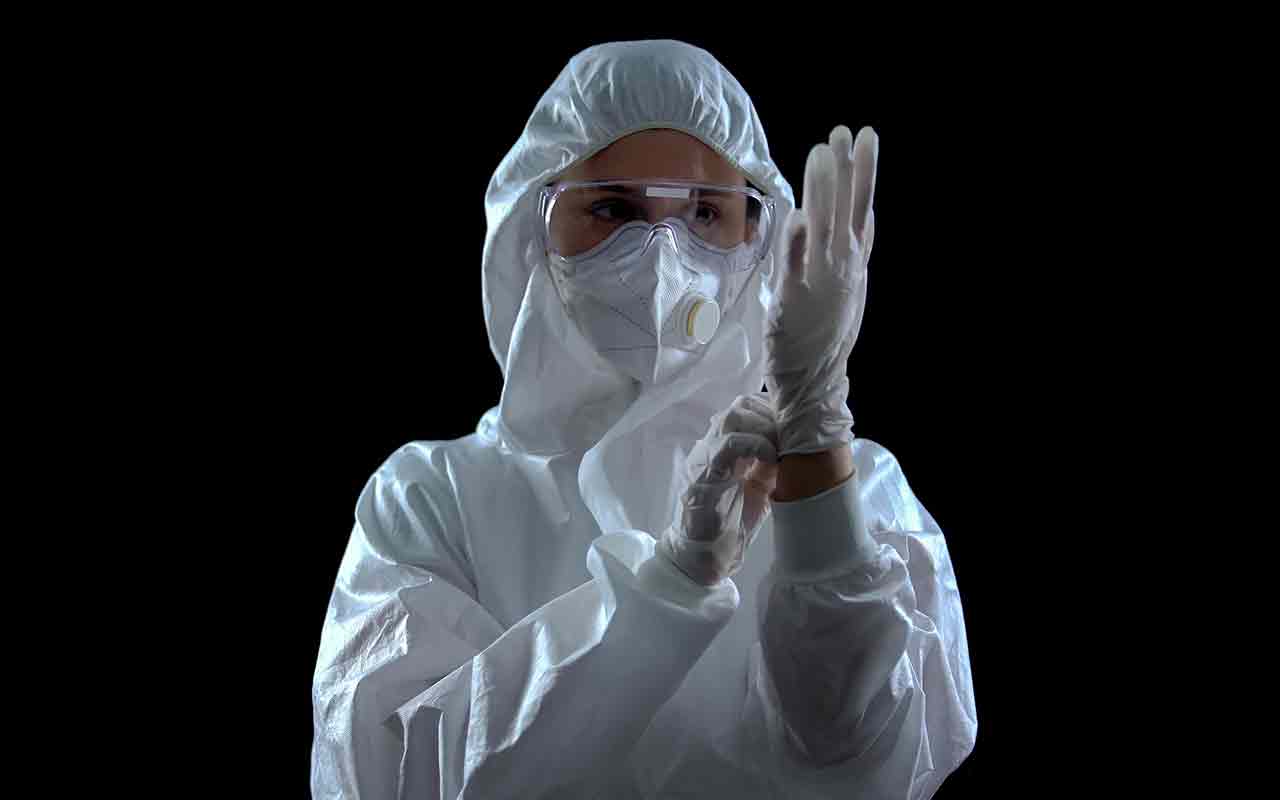
Steris
- Market value: $12.8 billion
- Performance since market peak: -10.1%
Steris (STE, $151.32), while still beating the S&P 500 through its bear turn, hasn't held up as well as most of these other stocks. Still, it might end up being a good coronavirus play in the coming months.
Steris supplies disinfectants, sterilizers and related services to health care facilities. The company has a strong revenue model in which 75% of its sales are recurring. Half of annual sales are from consumables and infection prevention equipment, 30% are from equipment maintenance services and 20% are from sales of equipment such as surgical tables and lights.
Steris became the worldwide leader in infection prevention and sterilization following its 2014 acquisition of U.K.-based Synergy Health. The deal combined Steris' established North American presence with Synergy's vast European footprint.
Global demand for disinfectants and sterilizers is on the rise as more than 100 countries battle the coronavirus. As the acknowledged leader in this space with unmatched scale and capabilities, Steris is well positioned to thrive.
Even before the coronavirus outbreak, this steady Eddie was rewarding shareholders with 15% five-year annual EPS growth. The company aims to deliver mid- to high-single-digit annual sales gains and double-digit adjusted EPS growth. Steris also boasts a solid balance sheet and cash flow, and it pays a dividend – albeit a modest one yielding less than 1%.
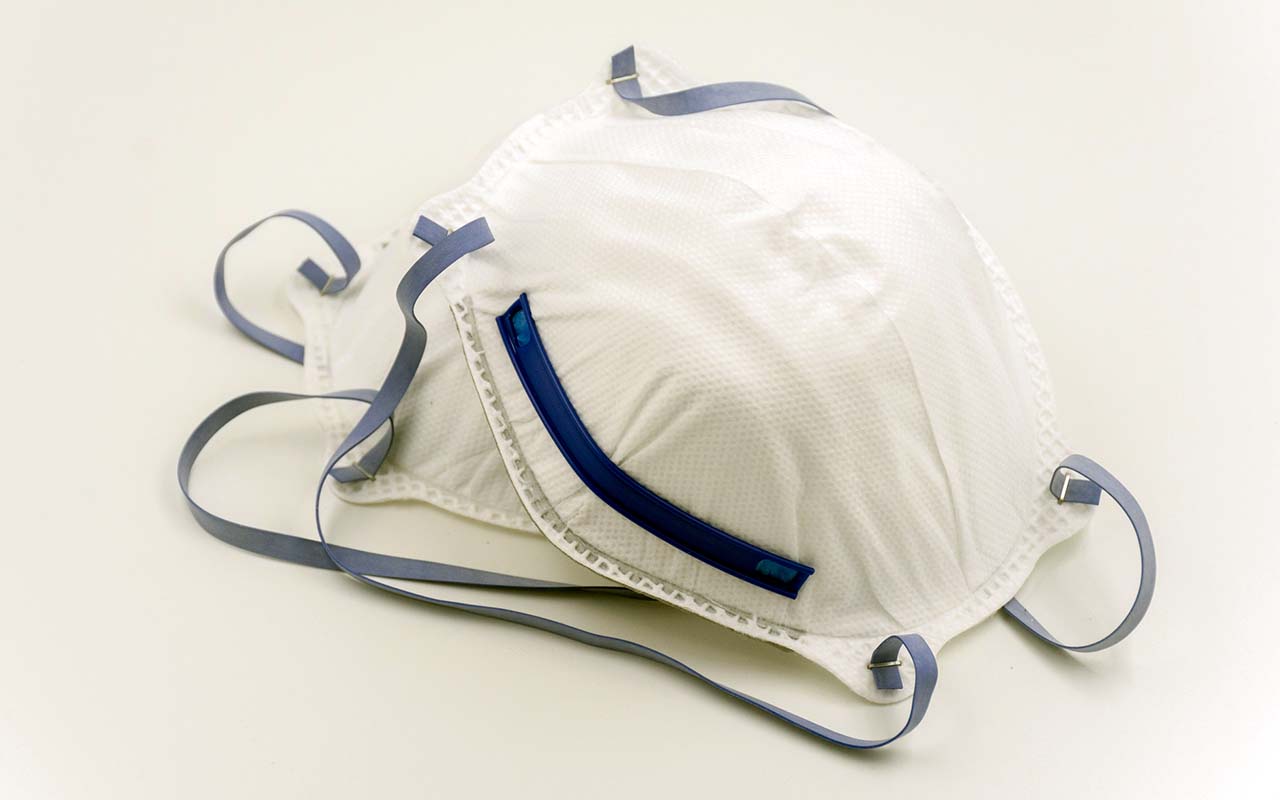
Kimberly-Clark
- Market value: $47.2 billion
- Performance since market peak: -3.6%
Kimberly-Clark (KMB, $138.64) is something of an outsider on this list – a consumer staples play rather than a pharmaceutical company or health care stock. However, one of its products is playing a key role on the front lines.
KMB is a leading manufacturer of N95 respirator masks, which experts say can help the spread of COVID-19. Unlike conventional masks, the N95 mask can filter out 95% of airborne particles, including bacteria and viruses. Millions of health care workers are relying on these masks to protect their health.
Demand for protective N95 respirator masks has surged, and months into this pandemic, manufacturers still are struggling to keep pace with demand. The Department of Health and Human Services said in late February that it had a stockpile of roughly 30 million N95 respirators, but says it will need 300 million as the risk of the coronavirus continues to rise.
In addition to N95 respirator masks, Kimberly-Clark produces Kleenex tissue and Scott toilet paper – products that have flown off the shelves as consumers stockpile everyday essential items. The company's top consumer brands (including Kleenex, Scott, Cottonelle, Tampax and Huggies) hold either No. 1 or No. 2 market share in 80 countries. Kimberly-Clark generates 52% of sales in North America and the rest overseas.
Kimberly-Clark announced Street-beating first-quarter revenues and earnings in April; while consumers are buying in droves, KMB expects its K-C Professional division to take a hit starting in the second quarter thanks to the abundance of work-from-home measures.
Consumer staples stocks like KMB have largely outperformed the market thanks to their defensive positioning and attractive dividends. Kimberly-Clark increased its dividend 4% in January, extending its streak of consecutive payout hikes to 48 years, and it offers a 3%-plus yield at current prices.
Profit and prosper with the best of Kiplinger's advice on investing, taxes, retirement, personal finance and much more. Delivered daily. Enter your email in the box and click Sign Me Up.

Lisa currently serves as an equity research analyst for Singular Research covering small-cap healthcare, medical device and broadcast media stocks.
-
 Dow Adds 1,206 Points to Top 50,000: Stock Market Today
Dow Adds 1,206 Points to Top 50,000: Stock Market TodayThe S&P 500 and Nasdaq also had strong finishes to a volatile week, with beaten-down tech stocks outperforming.
-
 Ask the Tax Editor: Federal Income Tax Deductions
Ask the Tax Editor: Federal Income Tax DeductionsAsk the Editor In this week's Ask the Editor Q&A, Joy Taylor answers questions on federal income tax deductions
-
 States With No-Fault Car Insurance Laws (and How No-Fault Car Insurance Works)
States With No-Fault Car Insurance Laws (and How No-Fault Car Insurance Works)A breakdown of the confusing rules around no-fault car insurance in every state where it exists.
-
 Nasdaq Leads as Tech Stages Late-Week Comeback: Stock Market Today
Nasdaq Leads as Tech Stages Late-Week Comeback: Stock Market TodayOracle stock boosted the tech sector on Friday after the company became co-owner of TikTok's U.S. operations.
-
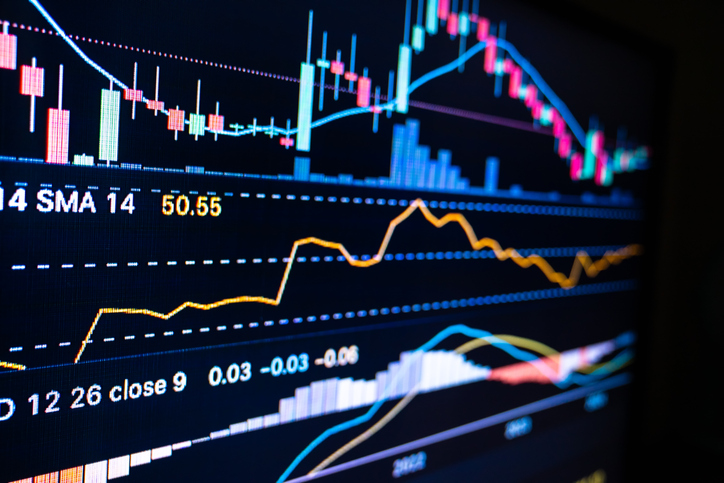 Stock Market Today: Dow Leads as UnitedHealth Stock Pops
Stock Market Today: Dow Leads as UnitedHealth Stock PopsUnitedHealth was the best Dow Jones stock Monday on reports that Medicare Advantage payments could rise in 2026.
-
 The 24 Cheapest Places To Retire in the US
The 24 Cheapest Places To Retire in the USWhen you're trying to balance a fixed income with an enjoyable retirement, the cost of living is a crucial factor to consider. Is your city the best?
-
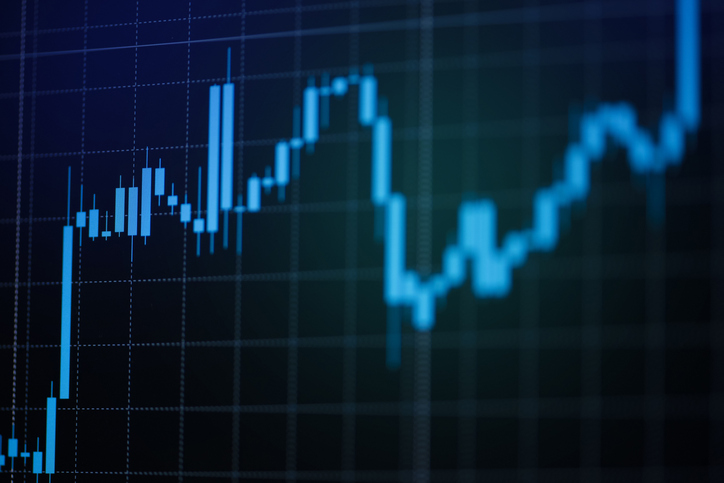 Stock Market Today: Stocks End Mixed After FOMC Minutes
Stock Market Today: Stocks End Mixed After FOMC MinutesThe minutes from the December Fed meeting signaled central bankers' uncertainty over potential Trump administration policies.
-
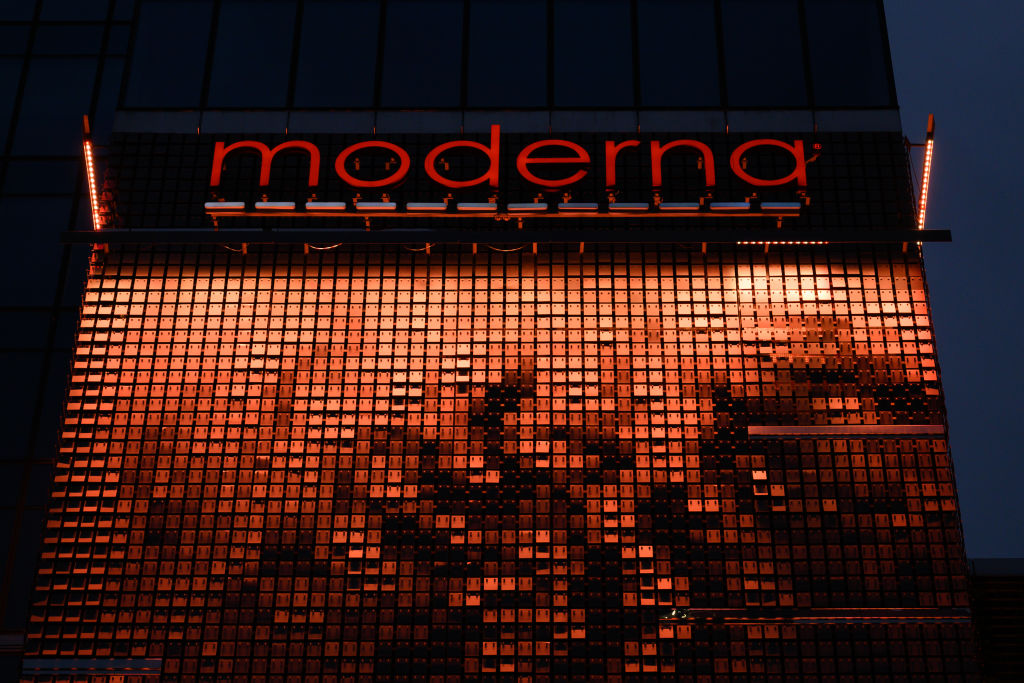 Moderna Stock Is Volatile Amid Bird Flu Developments
Moderna Stock Is Volatile Amid Bird Flu DevelopmentsModerna stock has been volatile this week as the first death in the U.S. connected to bird flu was reported. Here's what you need to know.
-
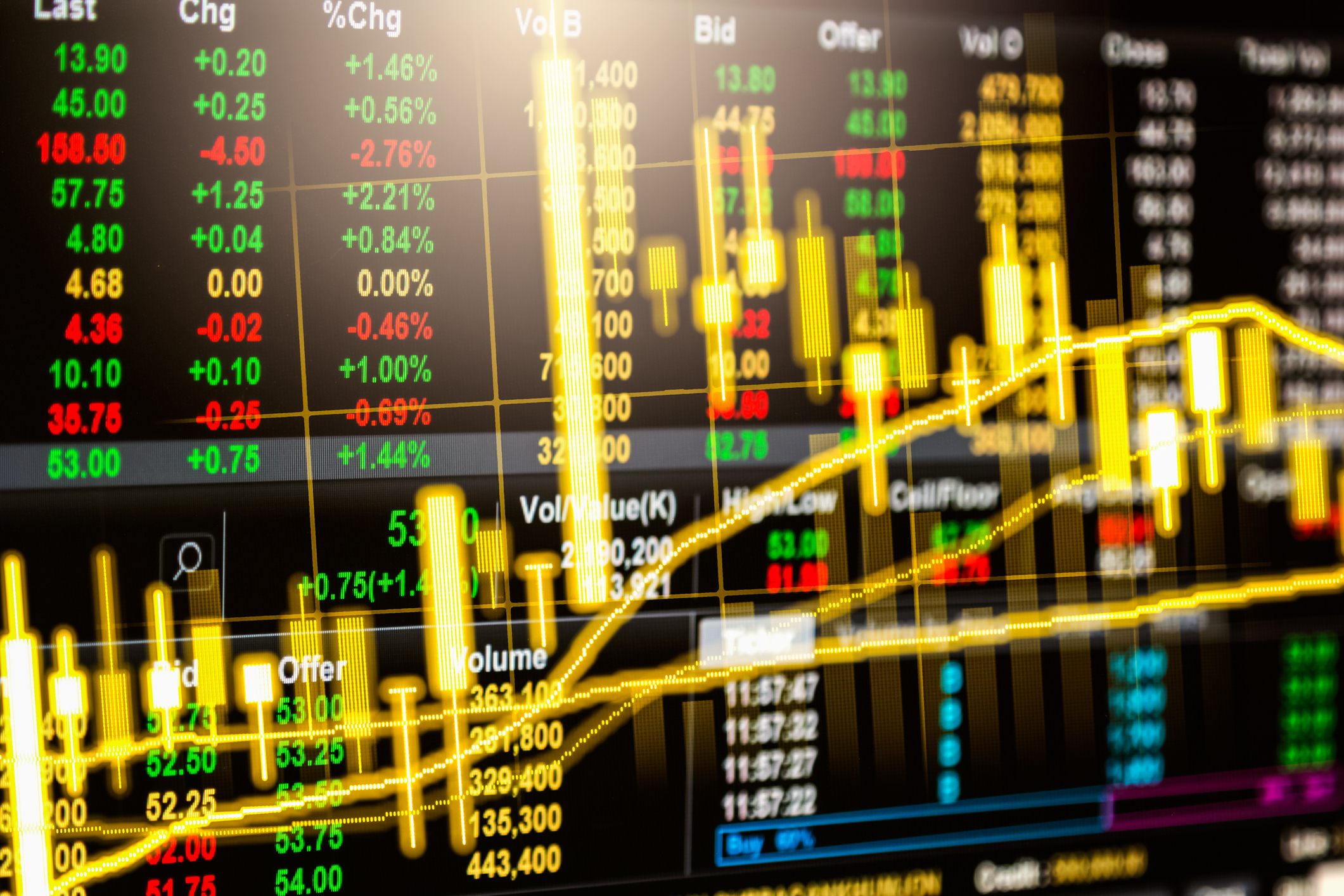 Stock Market Today: Stocks Are Mixed Ahead of the Fed
Stock Market Today: Stocks Are Mixed Ahead of the FedTwo of the three main equity indexes closed higher on the first day of the final Fed Week of 2024.
-
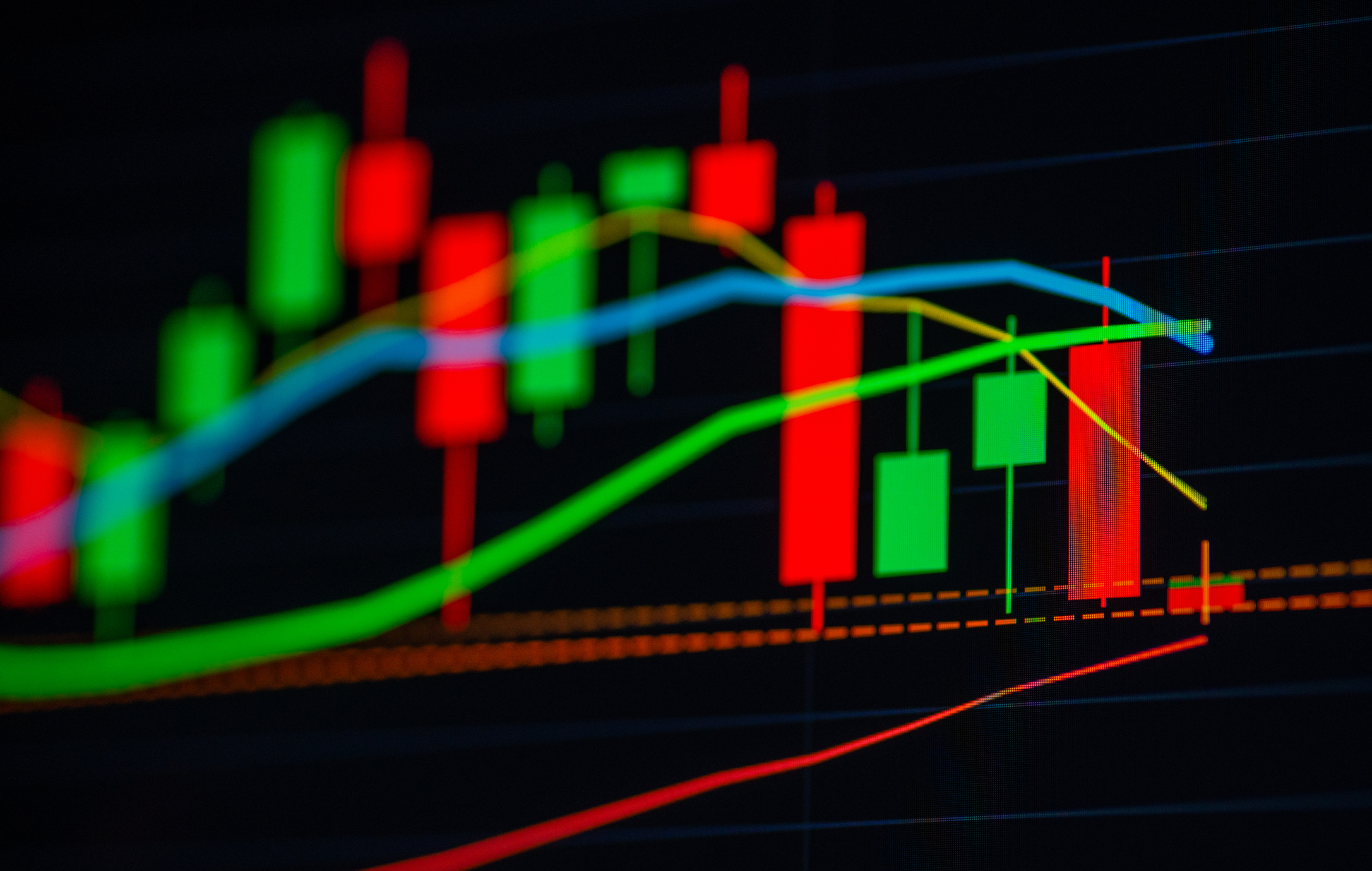 Stock Market Today: Stocks Rise in Choppy Day for Markets
Stock Market Today: Stocks Rise in Choppy Day for MarketsModerna was the worst S&P 500 stock today after the vaccine maker slashed its R&D budget.
-
 Moderna Stock Plunges as Vaccine Maker Slashes R&D Budget: What to Know
Moderna Stock Plunges as Vaccine Maker Slashes R&D Budget: What to KnowModerna stock is plunging Thursday after the COVID-19 vaccine maker announced plans to drastically cut its R&D spending to focus on new product approvals.
